Biotechnology, an interdisciplinary field that merges biology with technology, is making significant impacts in various domains, including medicine, agriculture, and environmental management. However, its influence extends into the realm of warfare, introducing new paradigms and possibilities that were once relegated to science fiction. From bioweapons to the concept of synthetic soldiers, biotechnology is fundamentally altering the landscape of military operations. This article explores the profound implications and ethical considerations of this evolution.
The Evolution of Bioweapons
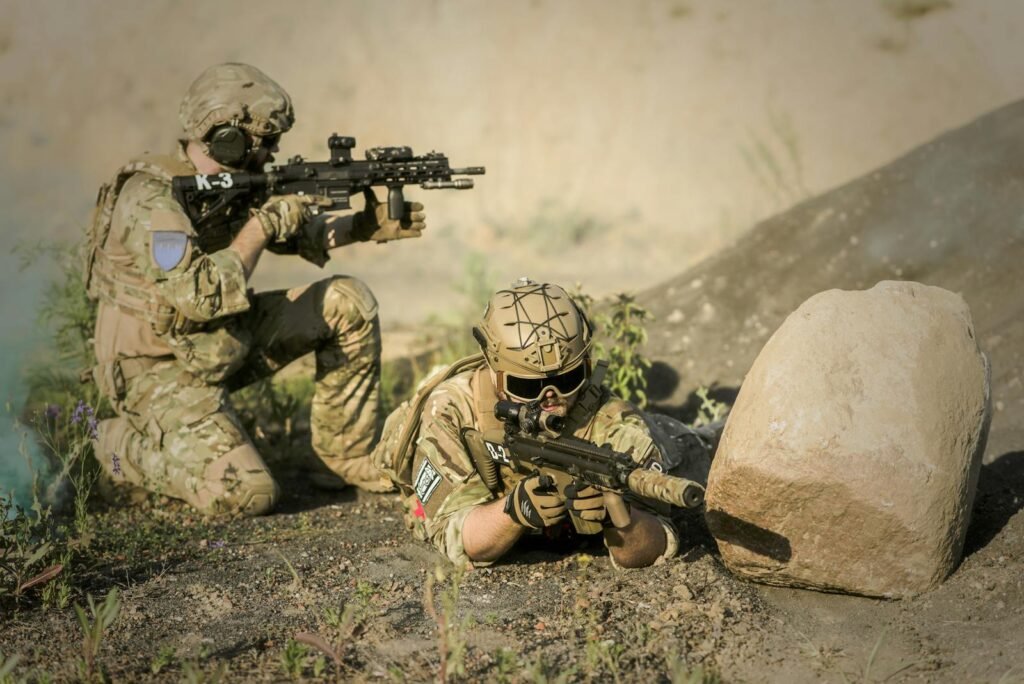
Bioweapons have a long history, dating back to ancient times when warring parties would poison water supplies or use infected corpses to spread disease among enemies. With the advent of modern biotechnology, such strategies have become much more sophisticated and potentially devastating. By manipulating pathogens at the genetic level, scientists can create organisms that are more virulent, resistant to treatment, and tailored to disrupt specific biological systems in humans and animals.
The possibility of cultivating pathogens that target specific ethnic groups or immune profiles raises alarming ethical issues. While international treaties like the Biological Weapons Convention exist to prevent the development and use of bioweapons, fears persist about the clandestine engineering of viruses and bacteria that could pose a global health threat.
DNA as a Tool of Warfare
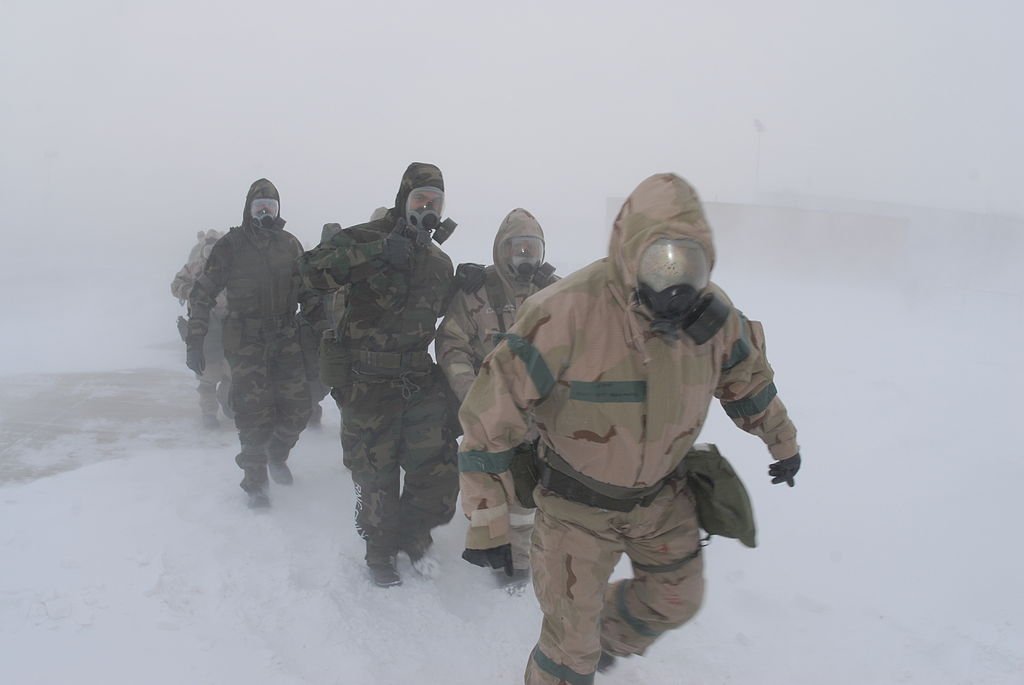
The ability to decode and manipulate DNA has opened new frontiers in warfare technology. Military strategies can now theoretically utilize DNA sequencing and editing to assess vulnerabilities in enemy populations or environments. The creation of genetically modified organisms (GMOs), for instance, allows the development of microbes that degrade enemy resources, such as petroleum or munitions, or even disrupt communications by targeting electronic infrastructure at a biochemical level.
Genetic targeting also holds the potential for more humane warfare, allowing for precision targeting that minimizes civilian casualties. However, this precision also heightens ethical concerns regarding consent, collateral damage, and unintended consequences on environments and non-target species.
Bio-cybersecurity: The New Frontier
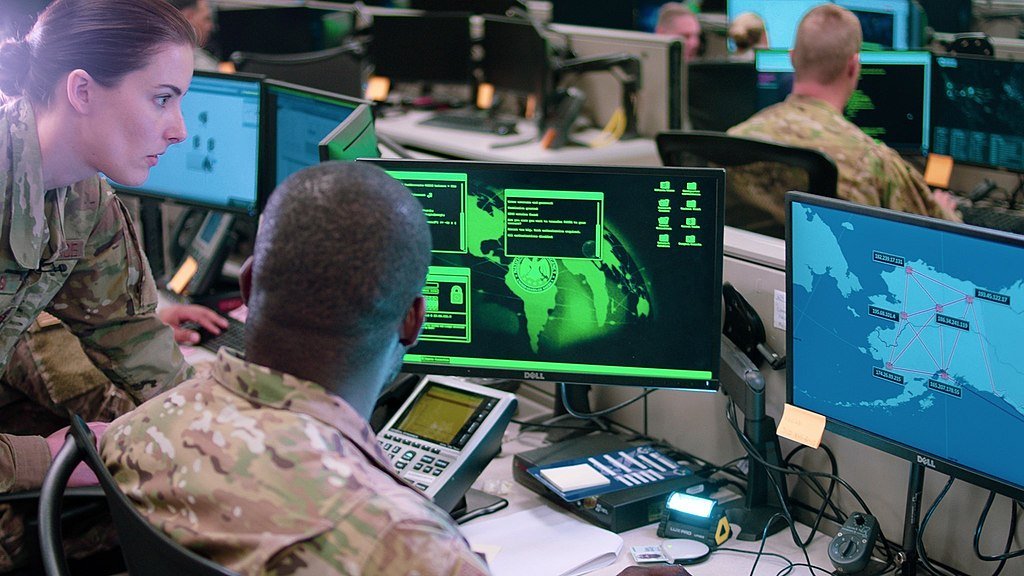
With biotechnology rapidly advancing, the intersection of cyberspace and biologics has given rise to bio-cybersecurity concerns. Cyber warfare techniques could be used to hack into and manipulate biotechnological systems, such as CRISPR or gene databases, potentially unleashing biological threats. Protecting biological data from cyber threats is becoming a crucial part of national defense strategies, necessitating the development of robust bio-cybersecurity measures.
The synthesis of biological data with artificial intelligence could also result in autonomous systems capable of launching bioweapons or genetic alterations without human intervention, raising ethical and safety concerns.
The Concept of Synthetic Soldiers
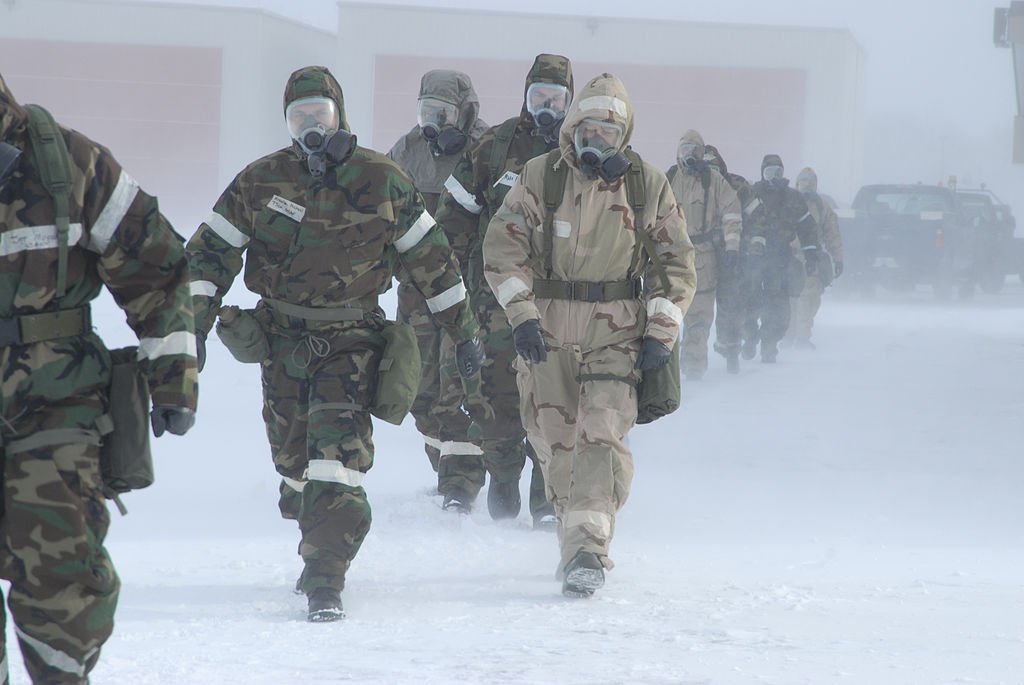
Among the most futuristic applications of biotechnology in warfare is the idea of synthetic soldiers—humans augmented through genetic modification or cyborg technologies to enhance physical and cognitive abilities. This could range from increased strength, speed, and endurance to advanced mental faculties like faster information processing and improved decision-making.
While the concept remains largely theoretical, research in genetic engineering and prosthetics suggests a future where such enhancements could become feasible. This raises numerous ethical questions regarding identity, the essence of humanity, and the potential for creating disparities between enhanced and non-enhanced individuals.
Ethical and Regulatory Challenges
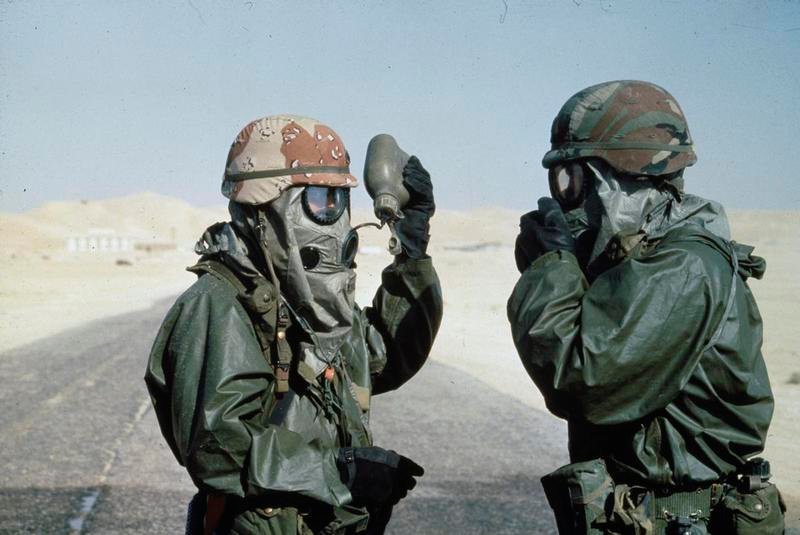
The integration of biotechnology into military practices is not without its challenges. Ethical considerations are paramount, as the potential for misuse and unintended consequences could have dire global impacts. Regulatory frameworks must adapt swiftly to keep pace with technological advancements, ensuring that biotechnologies are used responsibly and ethically.
Environmental implications also need to be considered, as the introduction of genetically modified organisms and bioagents could disrupt ecosystems and threaten biodiversity. Engaging in open dialogue and fostering international cooperation will be essential to manage these risks effectively.
Conclusion
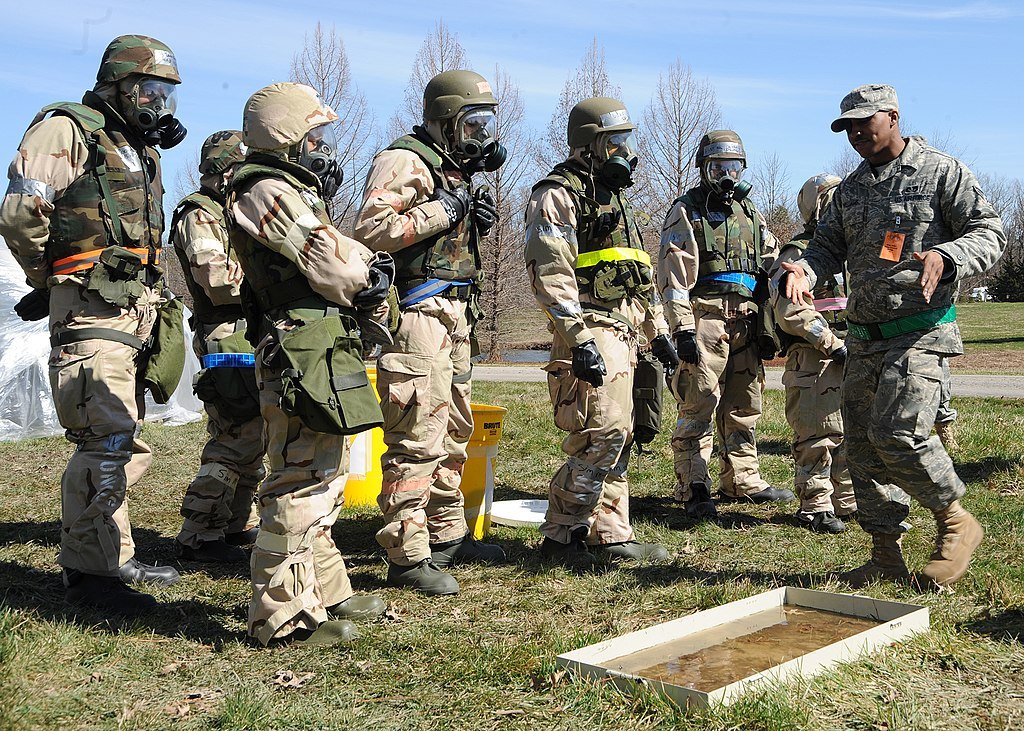
Biotechnology is undeniably reshaping the dynamics of warfare, offering both promising new strategies and posing significant ethical and safety challenges. As technology continues to evolve, it is crucial for governments, scientists, and ethicists to collaborate closely to harness these advancements responsibly. Only through careful consideration and regulation can we ensure that biotechnology serves as a tool for peace and safety rather than a harbinger of new conflicts. In navigating this complex landscape, humanity must tread carefully to protect the very fabric of life and nature on Earth.




